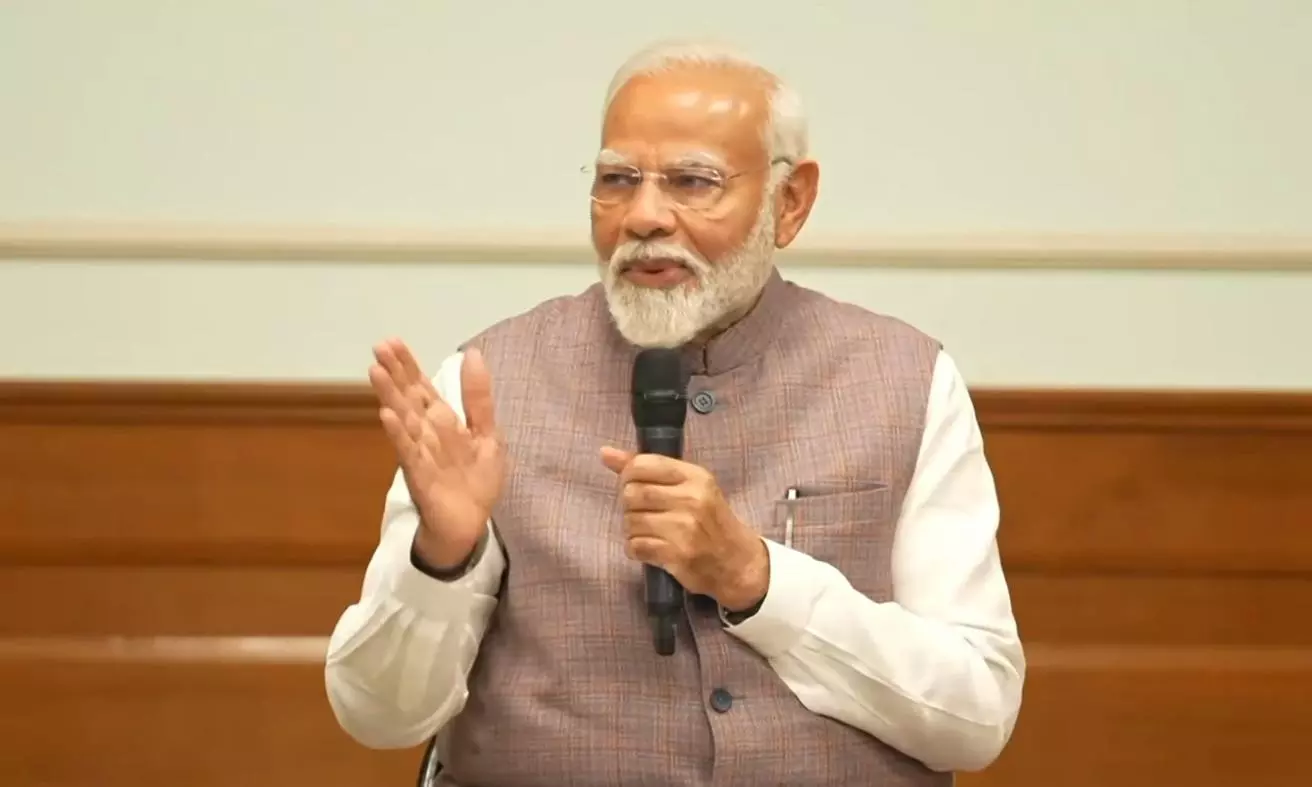DC Edit | Plethora of U-turns signals coalition era back for good

There is every sign that a consensus approach to issues is back and here to stay after just 75 days of the Narendra Modi 3.0 government. This is a welcome change from the days of the NDA-2 government of 2014-2019 when decisions were unilaterally taken and thrust upon the people.
In just the last month since the presentation of the Budget, the Modi government has taken four U-turns on a range of issues from a pullback on long term capital gains tax and allied indexation benefit to a change in the lateral recruitment policy that may be tweaked to bring in reservation to also serve social justice goals.
The switch to the more acceptable democratic norms of the coalition era post-1989 is the most desirable part of a transformation that has come about with the results of the Lok Sabha polls of 2024 in which the ruling BJP returned with a diminished number of seats that way was short of its crushing numbers of 2019 and a majority of seats in 2014.
Primarily, it may be coalition dharma that brought about a majority of the four quick U-turns, particularly the ones relating to holding the draft Broadcasting Services Regulation Bill for further consultations with media bodies, including digital media organisations, and civil society associations and the Waqf (Amendment) Bill that has been sent to a Joint Parliamentary Committee.
With allies like TDP, Jana Sena and Chirag Paswan’s LJP raising objections to the Waqf bill, the concept of having to regulate the Muslim board, include non-Muslims and severely restrict donation of properties has been referred for wider consultation. For the BJP to go back on its objective of such action represents the biggest change of heart in the new coalition era.
The Opposition would like to claim the credit for forcing a few of the U-turns, specifically the Waqf Bill since it has so much to do with its minority vote bank. The logic of coalition dharma may, however, have had more to do with three other three U-turns, including the restoration of indexation benefits in the general sale of property and lowering of LTCG, which were needed in a country with a very high percentage of tax on everything.
The willingness to accept criticism and examine the issues in greater detail after listening to more voices is what makes the Modi 3.0 government different from its two previous avatars. The functioning of parliament, with the Opposition waking up to the possibilities of debating rather than boycotts and walkouts, has also helped diverse opinions being heard in the House.
Coalition dharma may have brought about this disposition to listen rather than railroad legislation through Parliament and then face the consequences. The people’s verdict imposing a rule by an alliance of parties has been instrumental in democracy being in better working order now. Democracy is in better shape now, but governance cannot be indecisive.
While seeking a consensus is only likely to help, NDA-3 would have steer clear of pandering to coalition compulsions to extremes that had rendered UPA-2 ineffective in governance. Such was the extent of a policy drift that the economy was run down into a situation which may so easily have led India into the kind of problems that Pakistan, Sri Lanka and Bangladesh have faced in the region.
